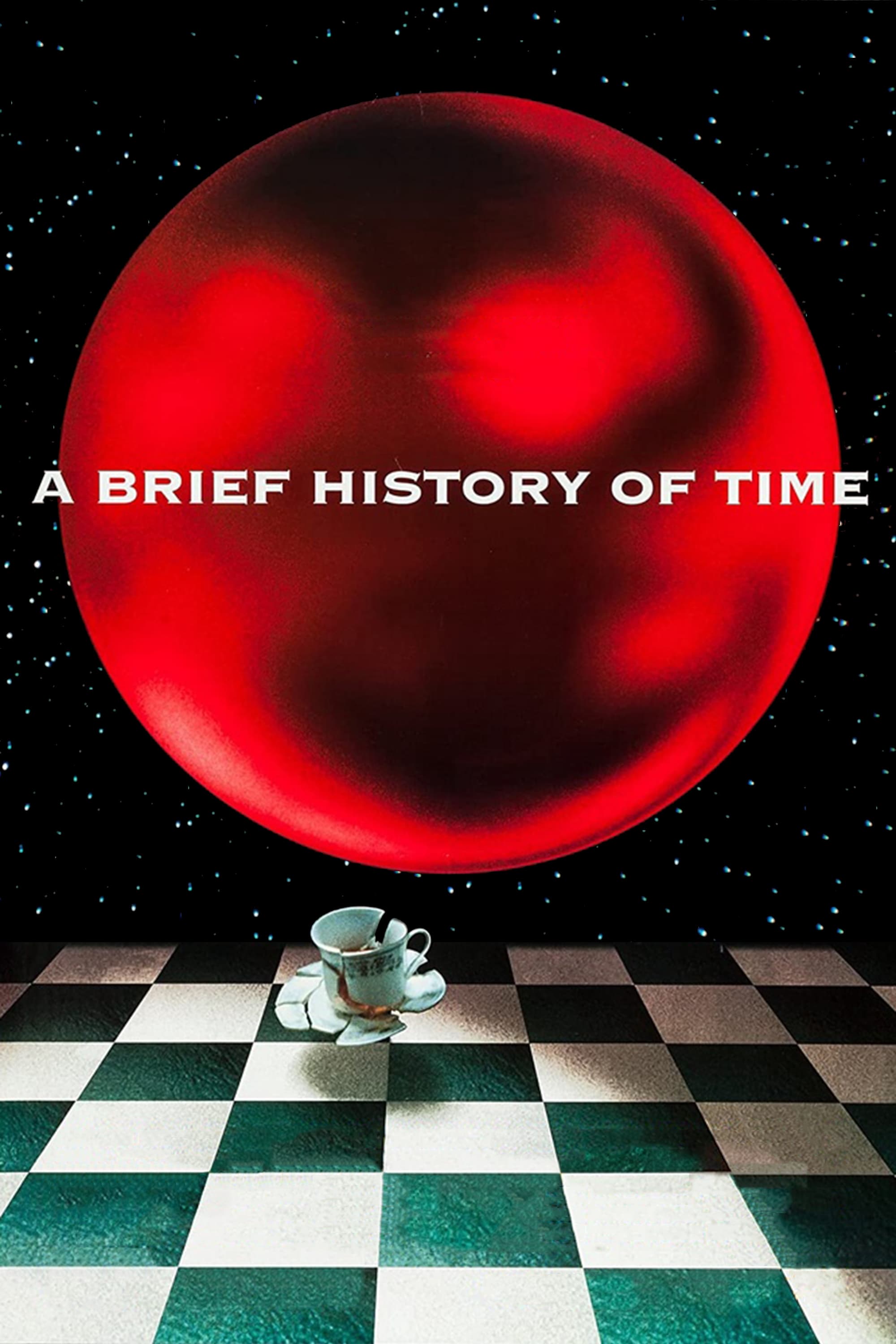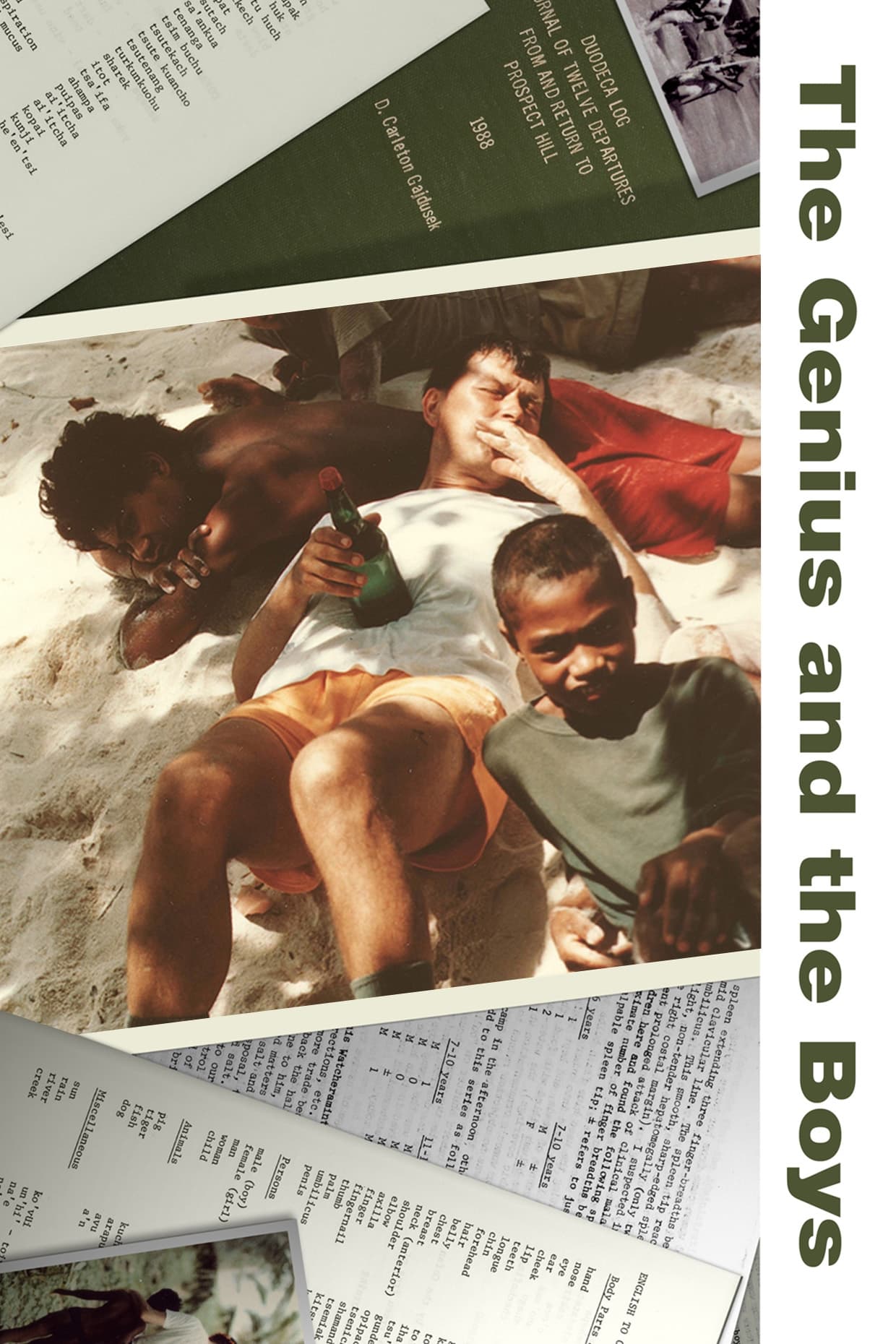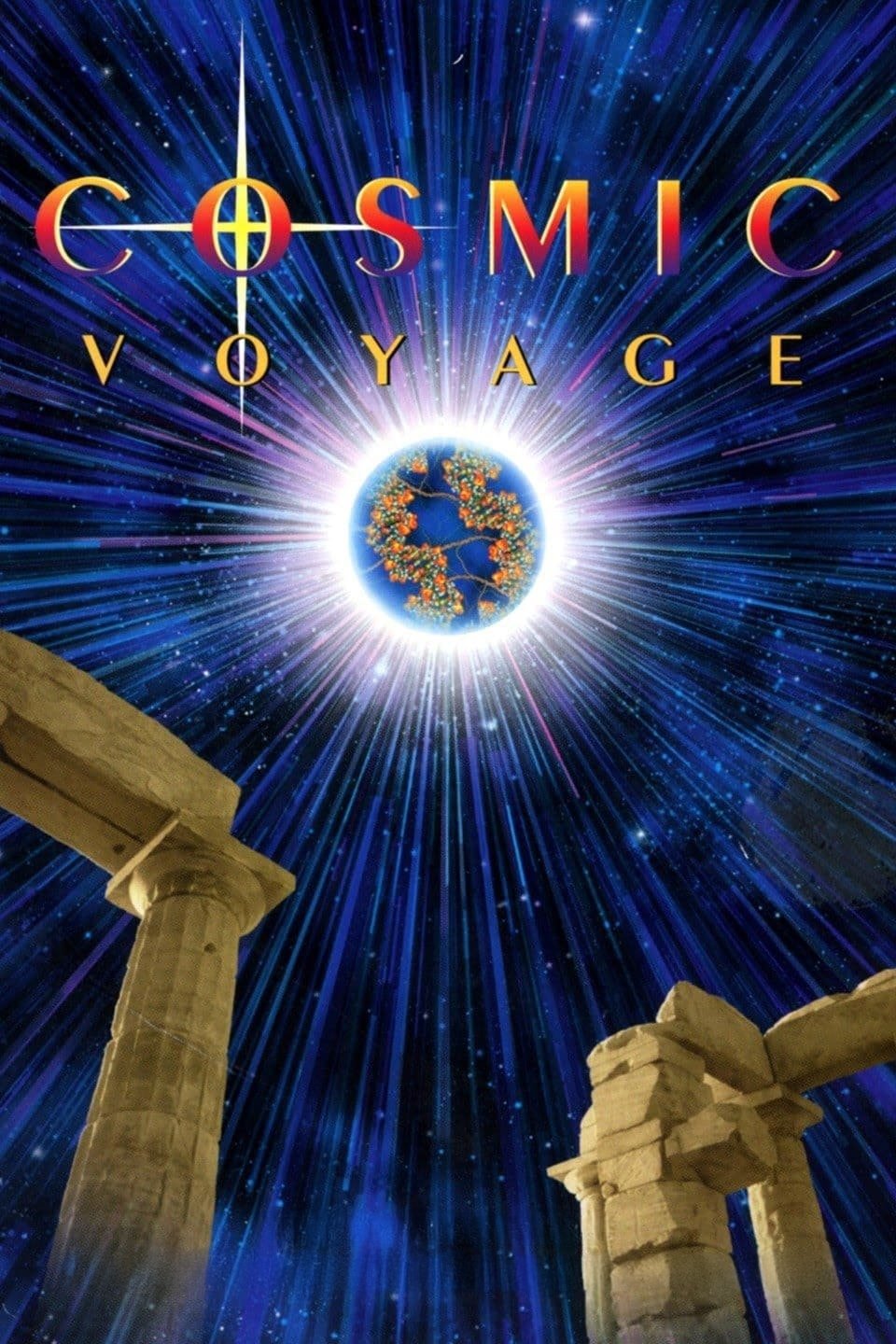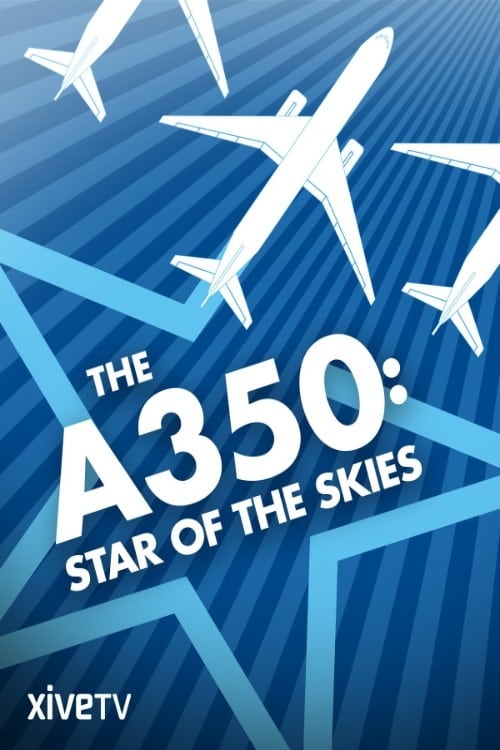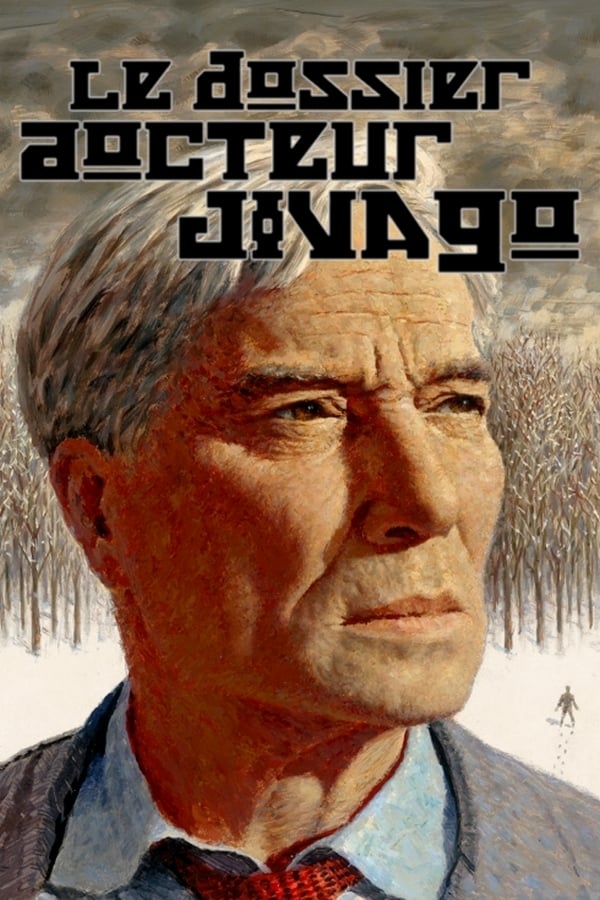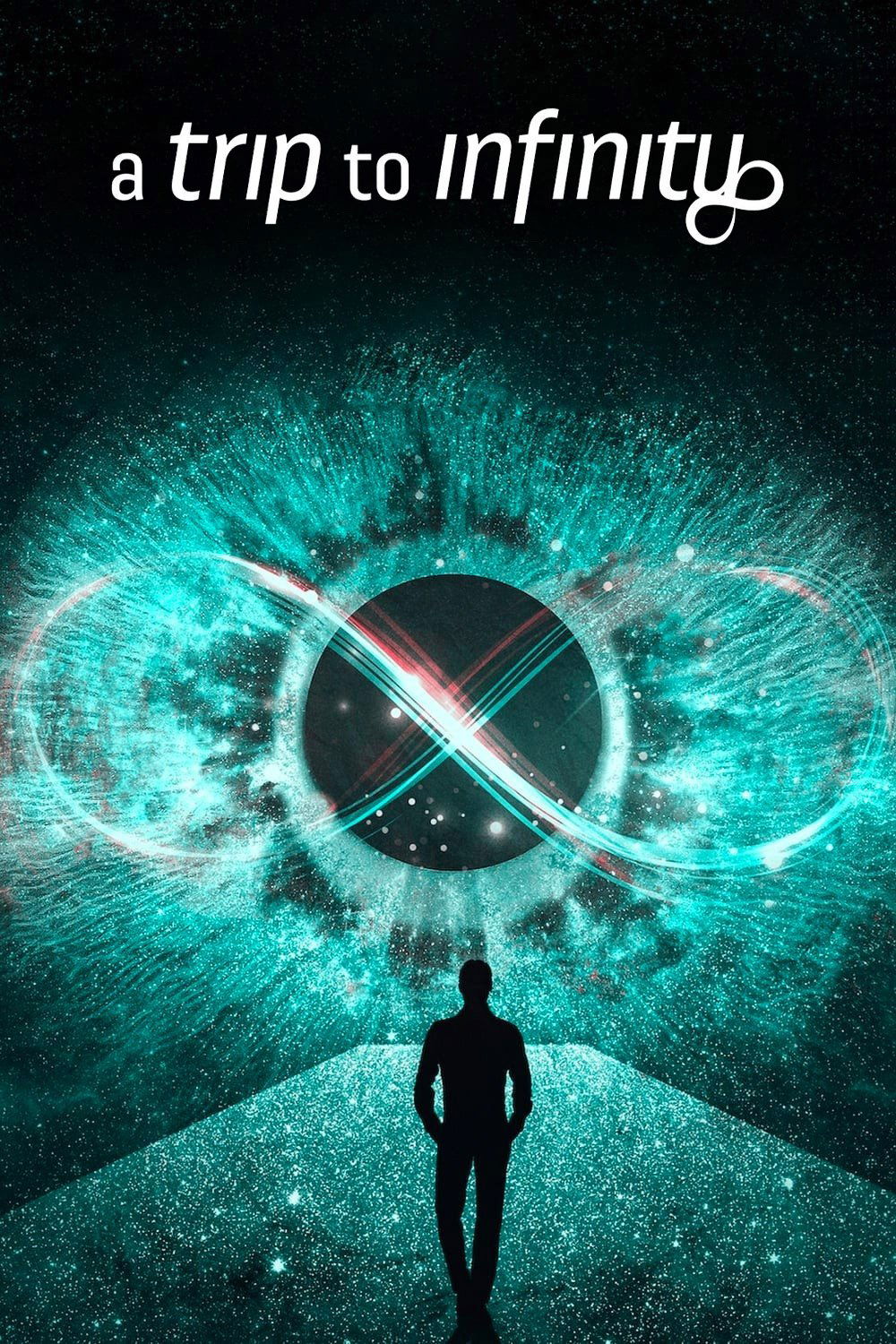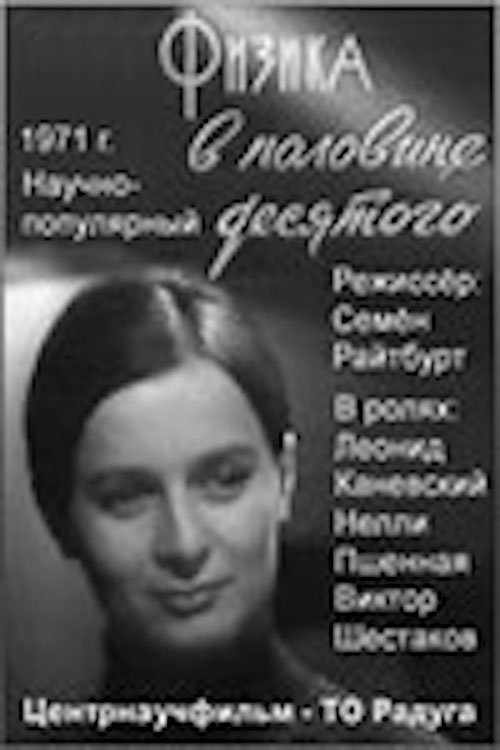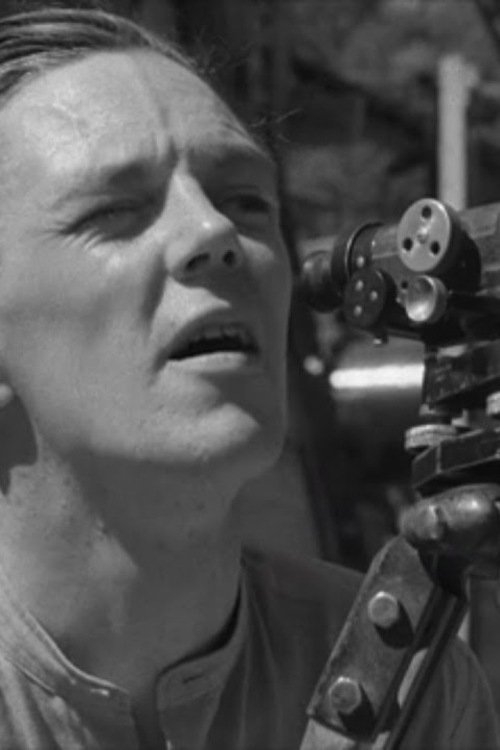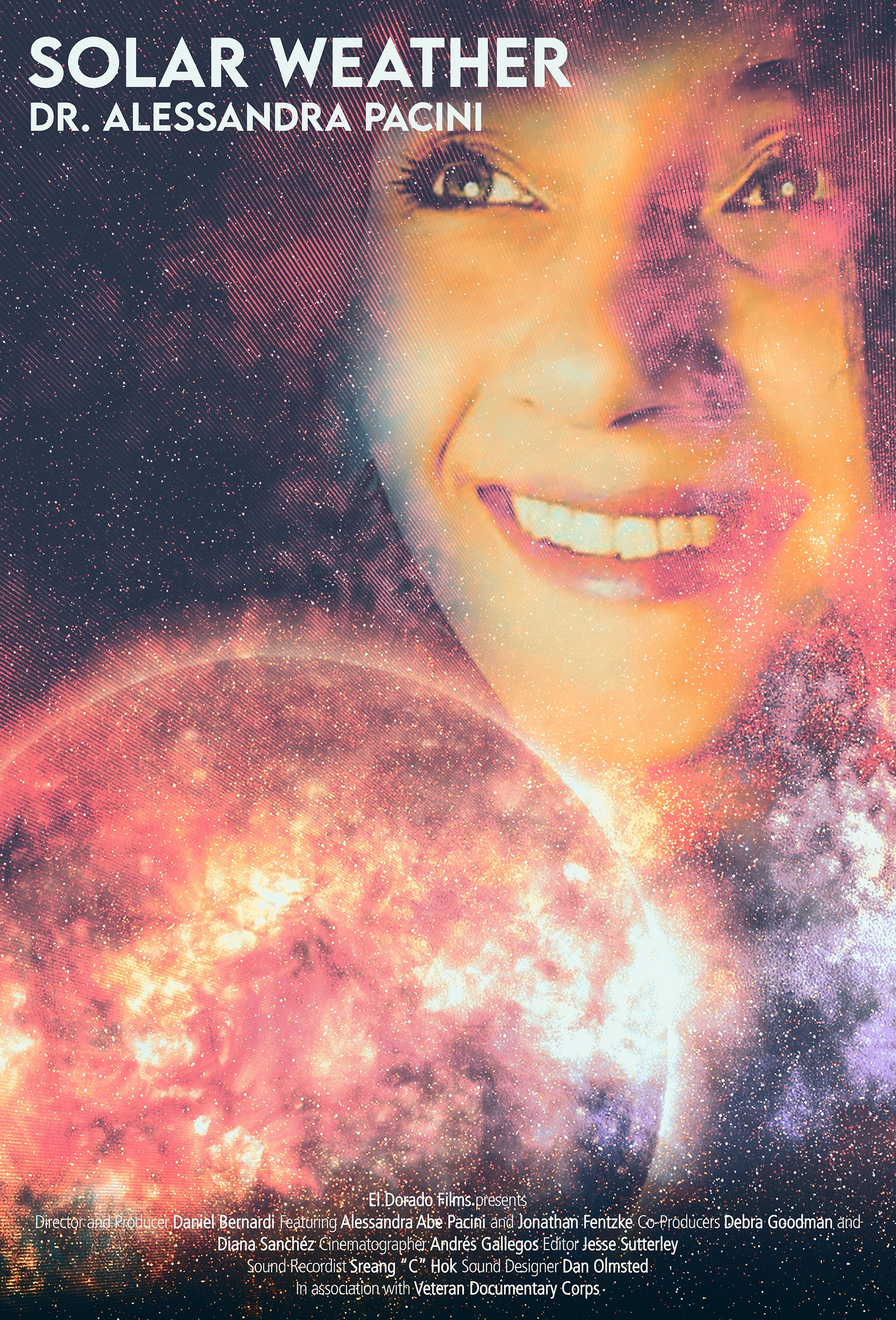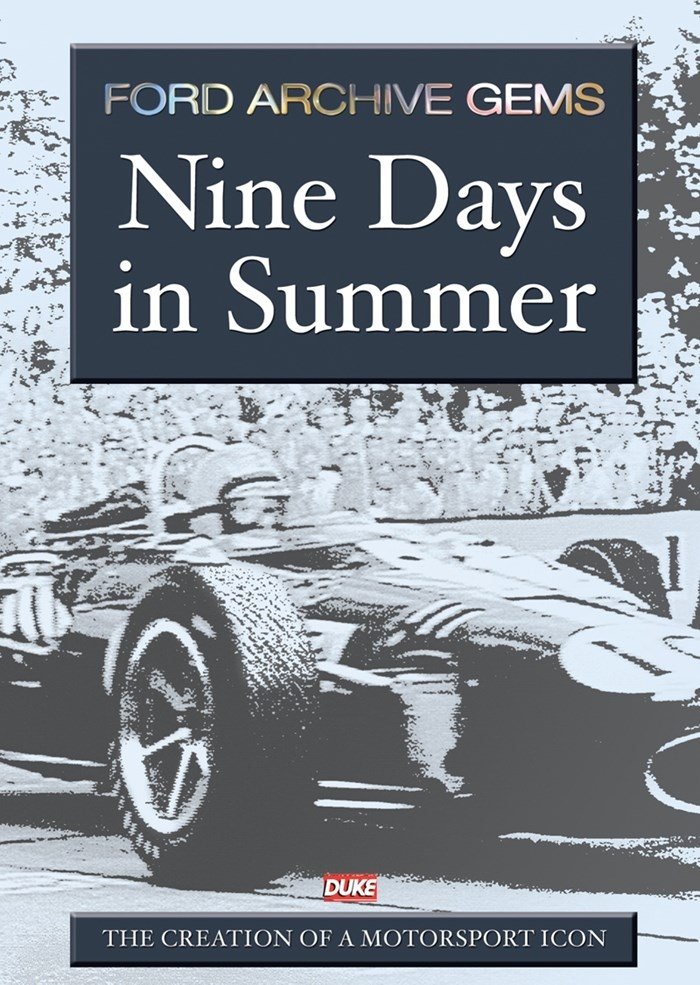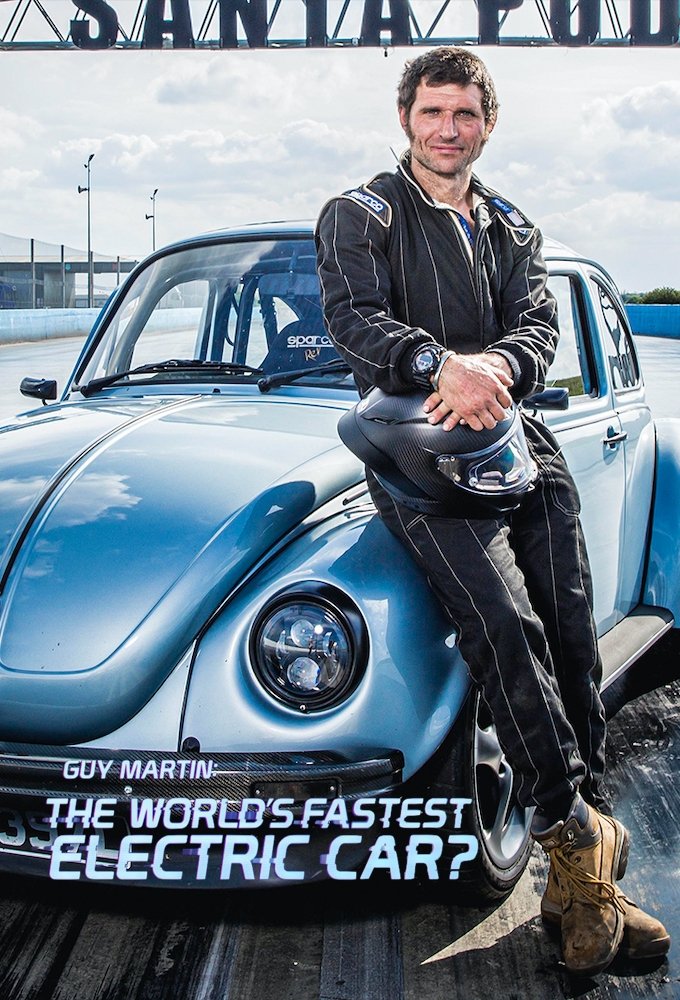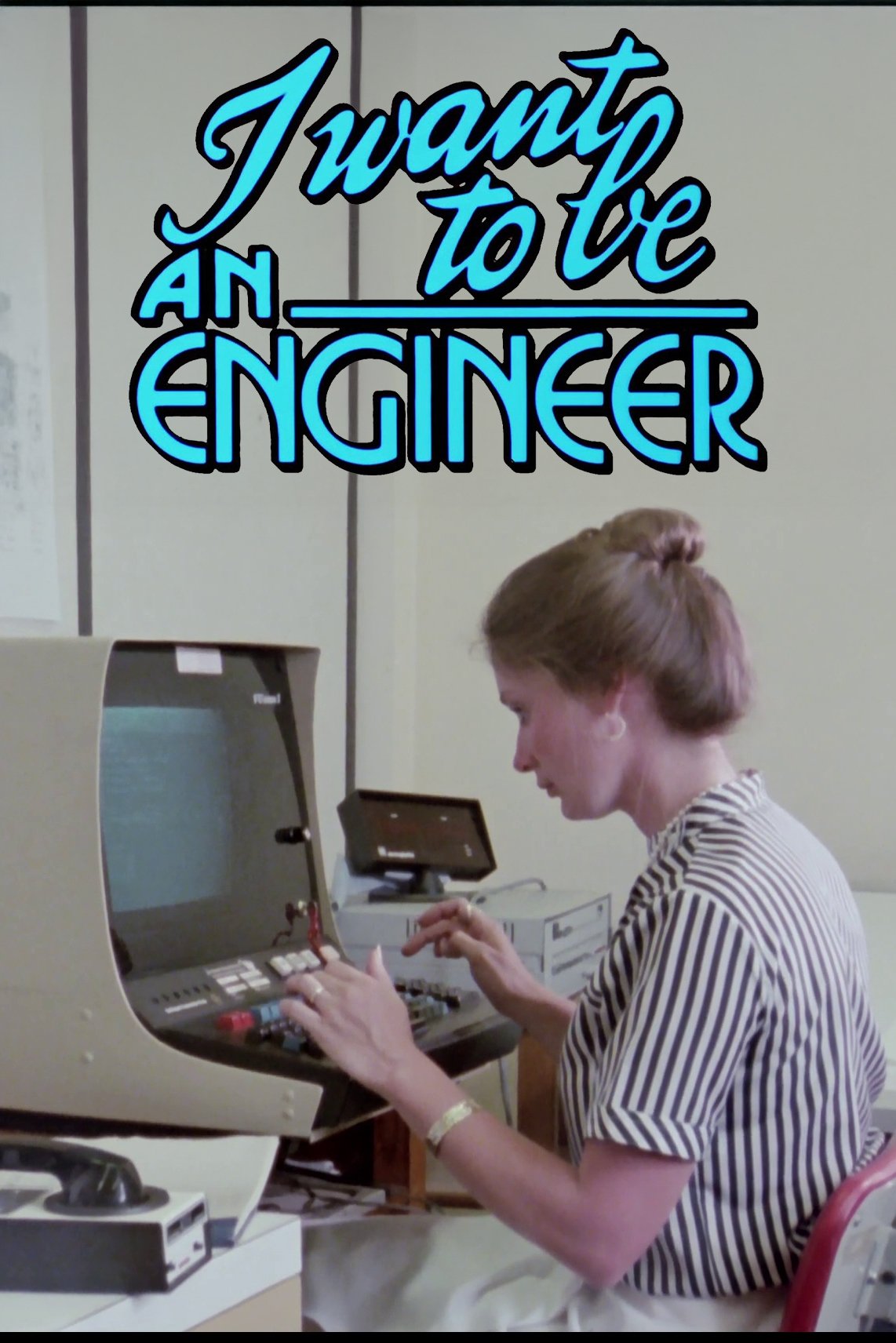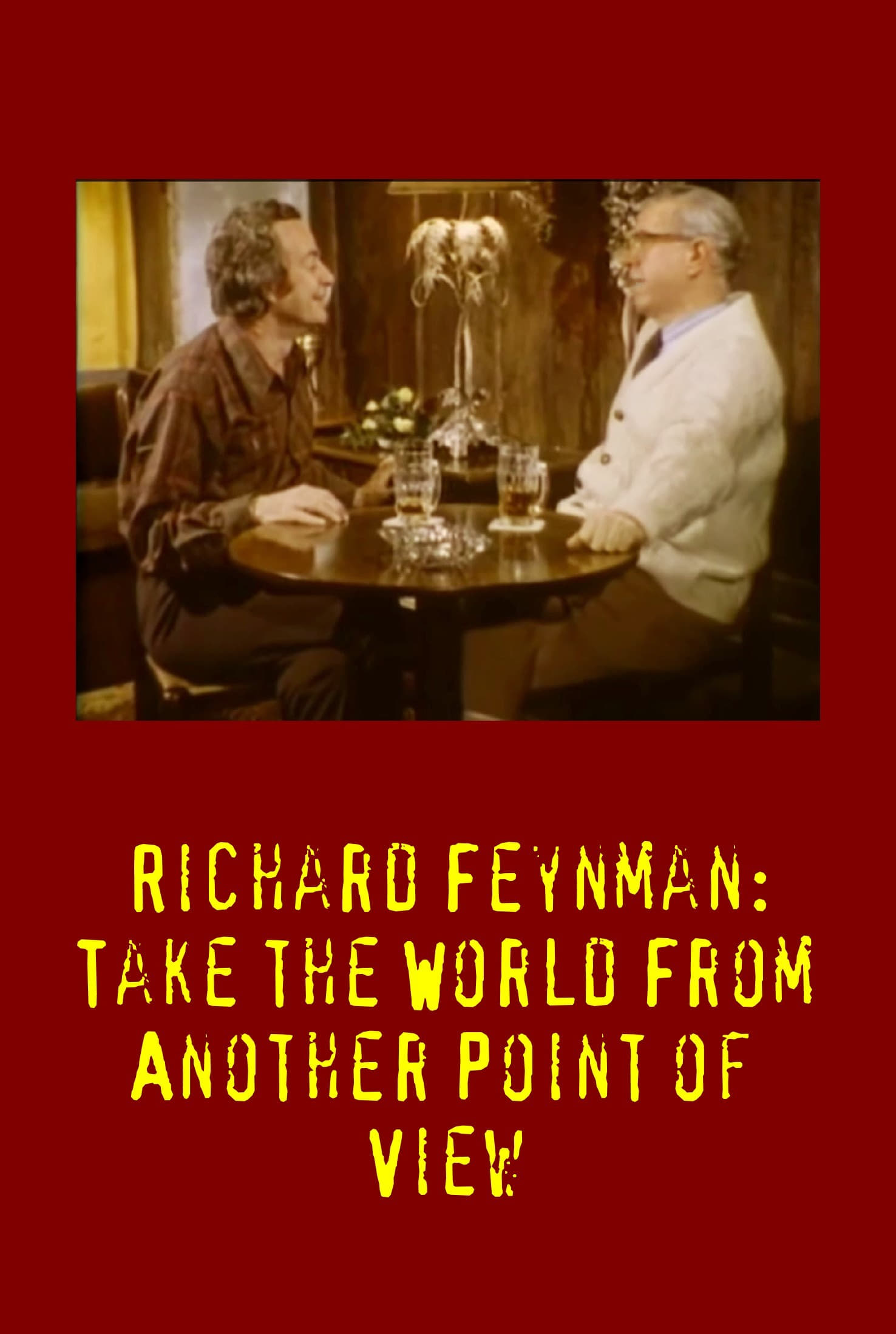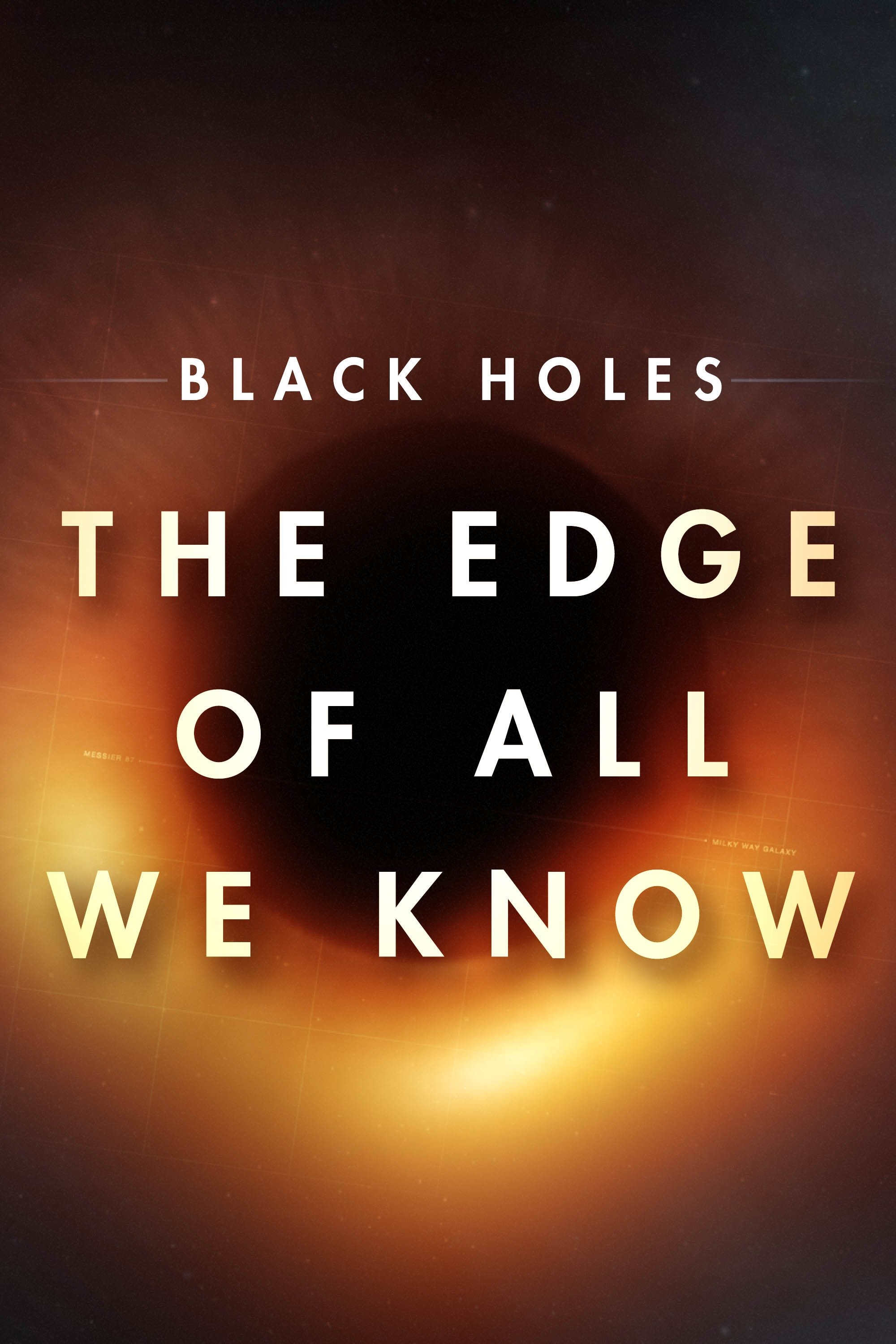Why It Was Almost Impossible to Make the Blue LED
Watch Movie
Share
Why It Was Almost Impossible to Make the Blue LED
0h 33m
0.0(0 votes)
Documentary
Overview
The blue LED was supposed to be impossible—until a young engineer proposed a moonshot idea.
Links & Resources
Social & External
Cast & Crew
2 members
Acting
Derek Muller
Narrator
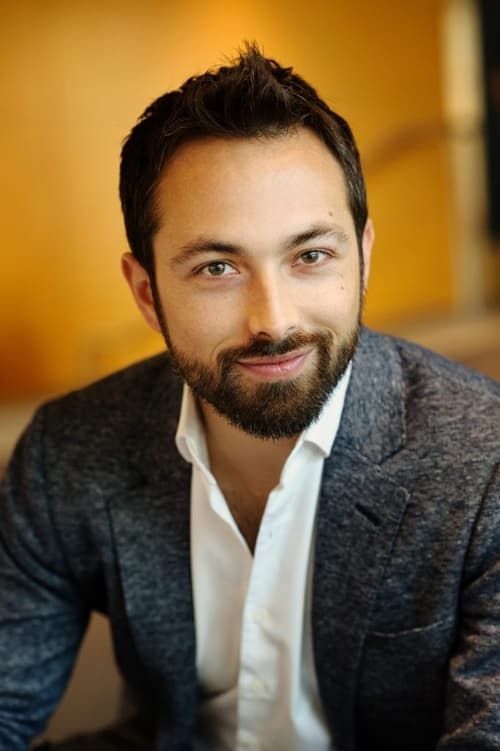
Acting
Shuji Nakamura
Himself
No Image
Similar Movies
Recommended Movies

No Recommendations Yet
We're working on finding the perfect movies for you. Check back soon!
More movies coming soon
